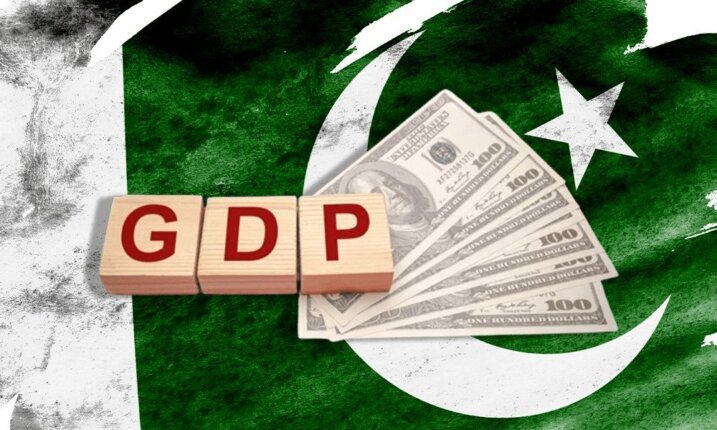Pakistan is at serious risk of losing nearly 20 percent of its GDP by 2050 if urgent action against climate change is not taken, the World Bank has warned. Speaking at a session organized by the Sustainable Development Policy Institute (SDPI) on “Sustainable Development in an Emerging World,” the World Bank Country Director highlighted the economic and human costs of environmental degradation.
She noted that Pakistan has already faced heavy losses from recent natural disasters. The country incurred $2.9 billion in damages from recent floods, while the catastrophic 2022 floods resulted in $30 billion in damages, making Pakistan one of the most climate-vulnerable nations globally. Without immediate climate interventions, such shocks are expected to continue undermining growth and economic stability.
To support Pakistan, the World Bank has pledged $20 billion through its Country Partnership Framework to enhance climate resilience and development. This support could extend for two decades if the country implements reforms effectively. The Director called on federal and provincial governments to strengthen environmental policies, prioritize green financing, and develop bankable projects to attract global climate investments.
The human impact of environmental decline was also underscored. She pointed out that 40 percent of Pakistani children suffer from malnutrition, and challenges such as unsafe water, polluted air, food insecurity, and limited access to education continue to hinder human development.
IMF representative Maheer Benichi emphasized that climate-related disasters are further straining Pakistan’s macroeconomic situation. He confirmed that Pakistan is set to receive the first tranche of the Resilience and Sustainability Facility by December and urged improvements in public finance management and transparency to maximize climate resilience.



